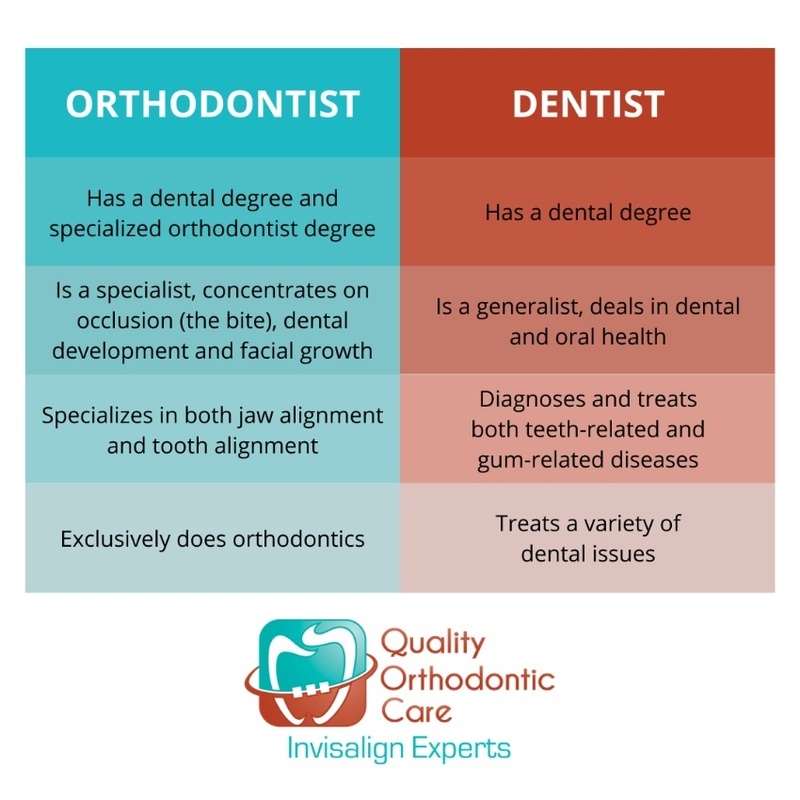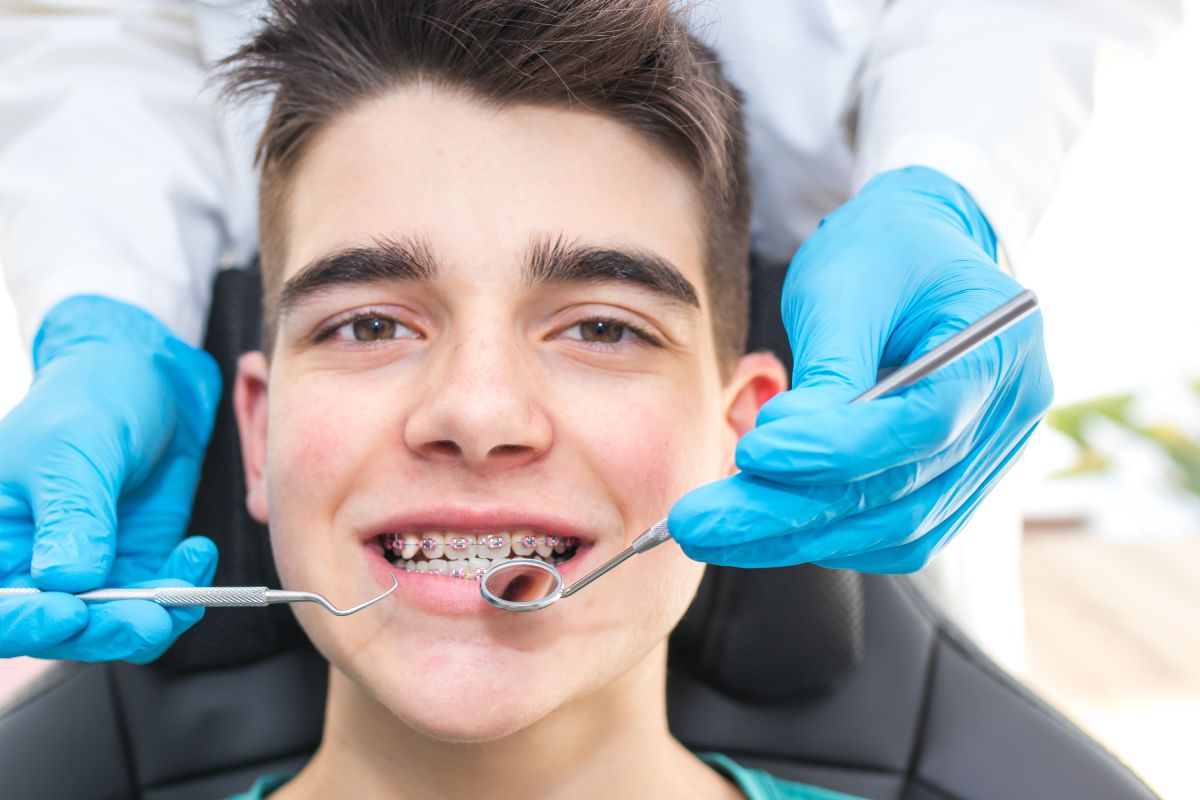Fascination About Causey Orthodontics
Table of ContentsNot known Incorrect Statements About Causey Orthodontics Getting My Causey Orthodontics To WorkThe 7-Second Trick For Causey OrthodonticsFacts About Causey Orthodontics RevealedThe smart Trick of Causey Orthodontics That Nobody is Discussing
Overlooking occlusal relationships, it was typical to eliminate teeth for a variety of oral issues, such as malalignment or overcrowding. The idea of an undamaged teeth was not extensively appreciated in those days, making bite correlations seem unimportant. In the late 1800s, the concept of occlusion was vital for developing reputable prosthetic substitute teeth.As these principles of prosthetic occlusion progressed, it became a very useful tool for dental care. It was in 1890 that the job and influence of Dr. Edwards H. Angle began to be really felt, with his contribution to modern orthodontics specifically noteworthy. Concentrated on prosthodontics, he taught in Pennsylvania and Minnesota before guiding his interest towards oral occlusion and the treatments required to maintain it as a typical problem, hence coming to be understood as the "father of contemporary orthodontics".

The concept of perfect occlusion, as proposed by Angle and incorporated into a category system, made it possible for a change towards treating malocclusion, which is any variance from regular occlusion. Having a complete collection of teeth on both arches was highly demanded in orthodontic treatment due to the need for exact connections between them.
Excitement About Causey Orthodontics
As occlusion ended up being the key concern, facial percentages and aesthetics were neglected - cheapest orthodontist near me. To attain suitable occlusals without making use of outside pressures, Angle postulated that having best occlusion was the most effective method to obtain optimum facial aesthetics. With the death of time, it came to be quite obvious that also an outstanding occlusion was not ideal when thought about from a visual perspective
Charles Tweed in America and Raymond Begg in Australia (that both studied under Angle) re-introduced dental care extraction into orthodontics during the 1940s and 1950s so they can enhance facial esthetics while additionally making sure far better security worrying occlusal partnerships. In the postwar period, cephalometric radiography started to be made use of by orthodontists for gauging adjustments in tooth and jaw position caused by growth and treatment. It ended up being obvious that orthodontic treatment might change mandibular advancement, causing the development of practical jaw orthopedics in Europe and extraoral pressure procedures in the United States. These days, both practical home appliances and extraoral gadgets are applied around the globe with the objective of changing development patterns and forms. Consequently, seeking real, or a minimum of improved, jaw connections had actually come to be the main purpose of therapy by the mid-20th century.
The 3-Minute Rule for Causey Orthodontics
 Up until the mid-1970s, dental braces were made by wrapping metal around each tooth. https://letterboxd.com/causeyortho7/., it ended up being feasible to rather bond metal brackets to the teeth.
Up until the mid-1970s, dental braces were made by wrapping metal around each tooth. https://letterboxd.com/causeyortho7/., it ended up being feasible to rather bond metal brackets to the teeth.Andrews provided an informative interpretation of the ideal occlusion in irreversible teeth. This has had meaningful impacts on orthodontic treatments that are provided consistently, and these are: 1. Correct interarchal relationships 2. Appropriate crown angulation (suggestion) 3. Right crown disposition (torque) 4. No turnings 5. Tight contact points 6. Flat Curve of Spee (0.02.5 mm), and based on these principles, he discovered a treatment system called the straight-wire appliance system, or the pre-adjusted edgewise system.
The advantage of the layout hinges on its brace and archwire mix, which calls for just very little cable flexing from the orthodontist or medical professional (orthodontist expert). It's appropriately named after this feature: the angle of the slot and thickness of the brace base inevitably identify where each tooth is situated with little need for added adjustment
Causey Orthodontics Things To Know Before You Buy
Both of these systems employed the same brackets for each tooth and demanded the bending of an archwire in 3 planes for situating teeth in their desired placements, with these bends dictating best placements. When it involves orthodontic home appliances, they are split right into two kinds: detachable and repaired. Detachable appliances can be handled and off by the person as required.

Therefore, mostly all contemporary set devices can be taken into consideration variations on this edgewise appliance system. Early 20th-century orthodontist Edward Angle made a significant payment to the world of dentistry. He produced four distinctive device systems that have actually been utilized as the basis for numerous orthodontic treatments today, preventing a few exemptions.
The Ultimate Guide To Causey Orthodontics

The cable ended in a thread, and to relocate it ahead, an adjustable nut was made use of, which permitted a boost in circumference. By ligation, each individual tooth was attached to this large archwire (family orthodontics). Due to its restricted variety of activity, Angle was not able to attain exact tooth positioning with an E-arch
These tubes held a firm pin, which could be rearranged at each visit in order to relocate them in location. Dubbed the "bone-growing home appliance", this contraption was supposed to encourage much healthier bone growth as a result of its potential for moving force straight to the origins. Executing it confirmed problematic in fact.
Comments on “Things about Causey Orthodontics”